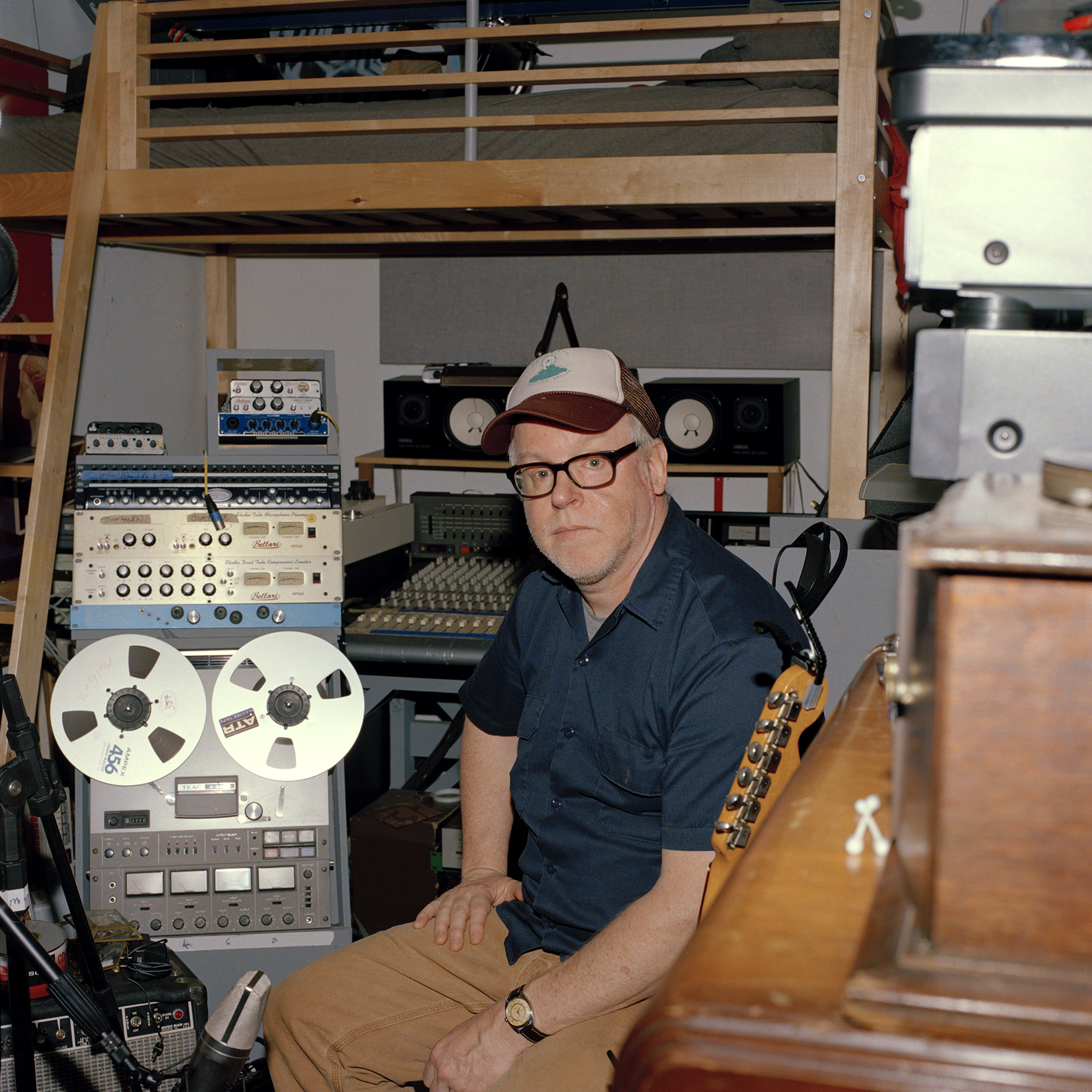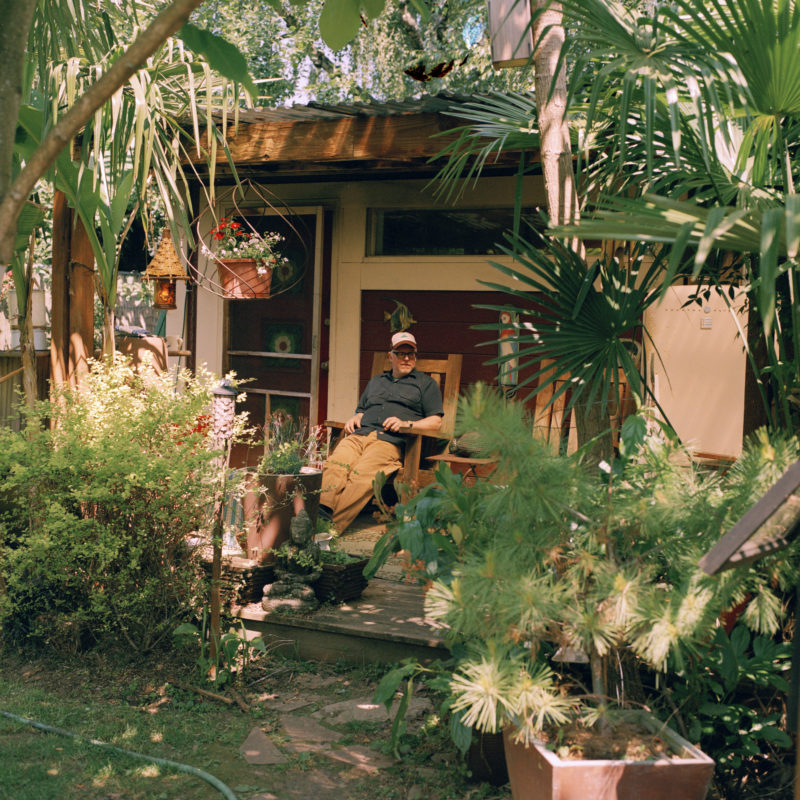
Martyn Leaper keeps glancing at his phone. He is anxiously checking the status of a Kickstarter campaign that aims to fund the 20-year anniversary reissue of his band the Minders’ debut album, Hooray For Tuesday. Though he feels like he could have found a home for the reissue on another label, Leaper is committed to releasing the album independently—or more specifically, on his small imprint, Space Cassette. “If this doesn’t succeed, maybe we’ll try and shop the next record,” he says. “But it would be really nice to continue doing stuff on our own, just because it feels like if anything goes wrong, we have ourselves to blame.”
If you’re not familiar with the Minders, you might still know about the musical collective-slash-record label they’re associated with: The Elephant 6 Recording Company, a loosely defined cooperative of Anglophilic indie rock bands including Apples in Stereo, Neutral Milk Hotel, and, briefly, Of Montreal that was formed in Athens, Georgia before settling in Denver, Colorado.
The Minders are simultaneously Elephant 6’s most underrated act and the one most emblematic of the collective’s aesthetic. Hooray For Tuesday is a sterling, subtly psychedelic guitar pop record that effortlessly synthesizes the plainclothes nonchalance of 90s indie rock with the irreproachable song craft of British Invasion bands like The Zombies and The Kinks. Moreover, Leaper—who grew up in Portsmouth before his family relocated to Denver while he was in high school—is the only authentic Brit of the bunch. Hooray For Tuesday is the type of pop record that indie obscurantists twenty years in the future will likely tout as a “forgotten classic.” This is a party worth showing up to early.
The 49-year-old Leaper is endearingly avuncular, which probably isn’t the first characterization that comes to mind when you think of a veteran indie rocker. “God, these mosquitos are really fucking aggressive,” he says in his diluted British accent as his swats at the air indiscriminately. We are sitting in Leaper’s backyard in Portland, Oregon on the first truly warm day of the year, following the city’s notoriously soggy, six-month long wet period. Leaper owns a house off SE Hawthorne and Cesar Chavez Blvd., the east side’s biggest thoroughfare and one of the Portland’s main cultural hubs. His garden is enormous and well-manicured, and in the center of the yard is a desk inside a miniature atrium—Leaper’s “writing area.”

“I want to go back to college for creative writing,” Leaper confesses. “I still want to make records, but I also want to write stories and things. I feel like [higher education fuels songwriting], because you go to all these lectures and get all of these great ideas. Your mind is...
You have reached your article limit
Sign up for a digital subscription and continue reading all new issues, plus our entire archives, for just $1.50/month.
Already a subscriber? Sign in




